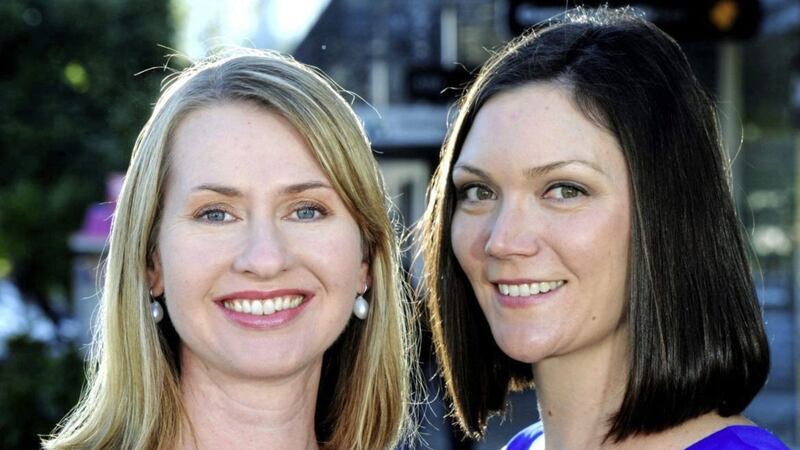THE Women in Business-run 'Spotlight on Success' conference in Belfast last week was a really inspirational event which brought together an array of amazing female leaders from both the local and national business world, who shared their personal and business challenges, their failings and, of course, their accolades.
Importantly, it gave the delegates a chance to learn and grow from the treasured advice and life experiences the guest speakers so willingly divulged.
The line-up of guest speakers included Rachel Booker, executive people director at Virgin Media; Rebecca Stephens MBE, journalist, mountaineer and television presenter; Edel Doherty, managing director of Beyond Business Travel; Professor Karise Hutchinson, Professor of Leadership at Ulster University; Deborah Lange, certified public accountant; and Louise Kelly, partner at Grant Thornton.
As I listened to the fantastic speakers, it occurred to me that these were just six out of the 50-plus other speakers we've have had on our conference speaker series. And as delegates approached me saying how amazing these women were, I responded with “yes, they are amazing, and do you know what, there are loads of them and always has been”.
Yet this is not reflected in the recent list of Northern Ireland's top 100 companies. I was appalled and hugely disappointed that a mere three women were represented in the list this year, despite women making up half the population. This figure is simply just not representative of the female talent and expertise we have available in Northern Ireland.
The three females included Darina Armstrong, chief executive of Progressive Building Society; Sarah Venning, who heads up NI Water; and Elaine Birchall, chief executive of the SHS Group. And it is no surprise that these three organisations hold the Gender Diversity Charter Mark.
These are amazing women doing incredible work, but there a many other women out there who are doing just as well, but for some reason were seemingly overlooked and disregarded.
The top 100 yet again reaffirms the fear that gender equality will not be achieved in our lifetime. More shockingly, according to the World Economic Forum’s global index we won’t see gender equality achieved until 2186.
Jade Collins, director at Femeconomy, a social enterprise encouraging everyone to support female lead companies, said: “Companies setting gender diversity targets are not moving the dial fast enough.” This is starkly obvious in the slowing rate of female directors’ appointments to boards.
I'm still asking myself who is deciding how success is measured? And more significantly, who decides what merit looks like? When quotas are mentioned with regard to women, the very next word is merit, a clear assumption that there are not enough women with whatever “merit“is required. This both confuses and greatly astonishes me.
Collins adds: “The strongest resistance brought to bear against quotas is via the merit argument. This argument that quotas will lead to not having the best person appointed for the job, presupposes that there is a supply deficit of qualified and experienced women. It also assumes a robust, well defined and collectively understood definition of what constitutes ‘merit’. In most cases, there is neither.”
The argument constantly that selection must be on merit rather than by affirmative action programmes or quota systems assumes a level playing field exists.
Women are well aware of the systematic barriers. Until those barriers are recognised by all in a selection process and removed, selection on merit is a myth! So is it time for quotas?







